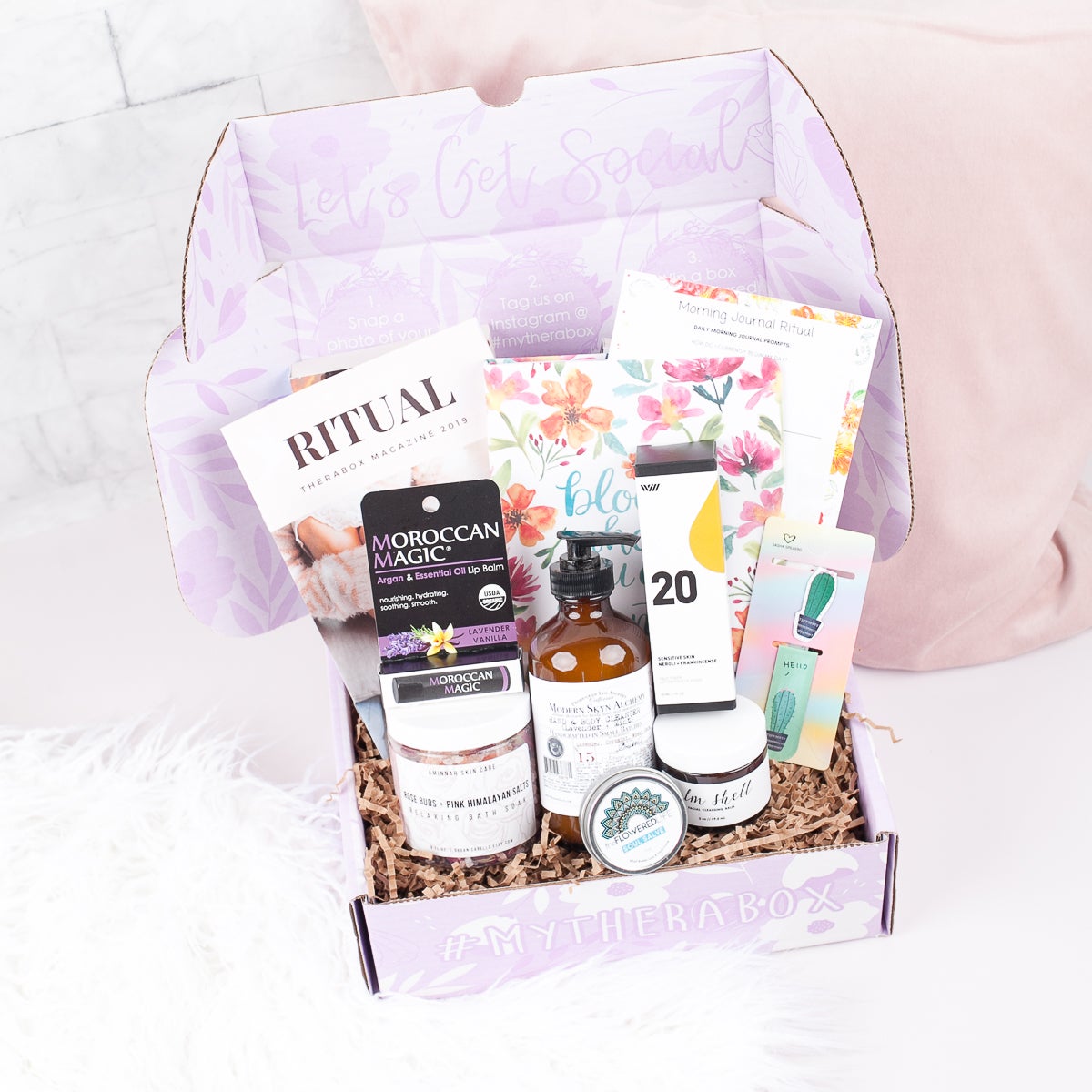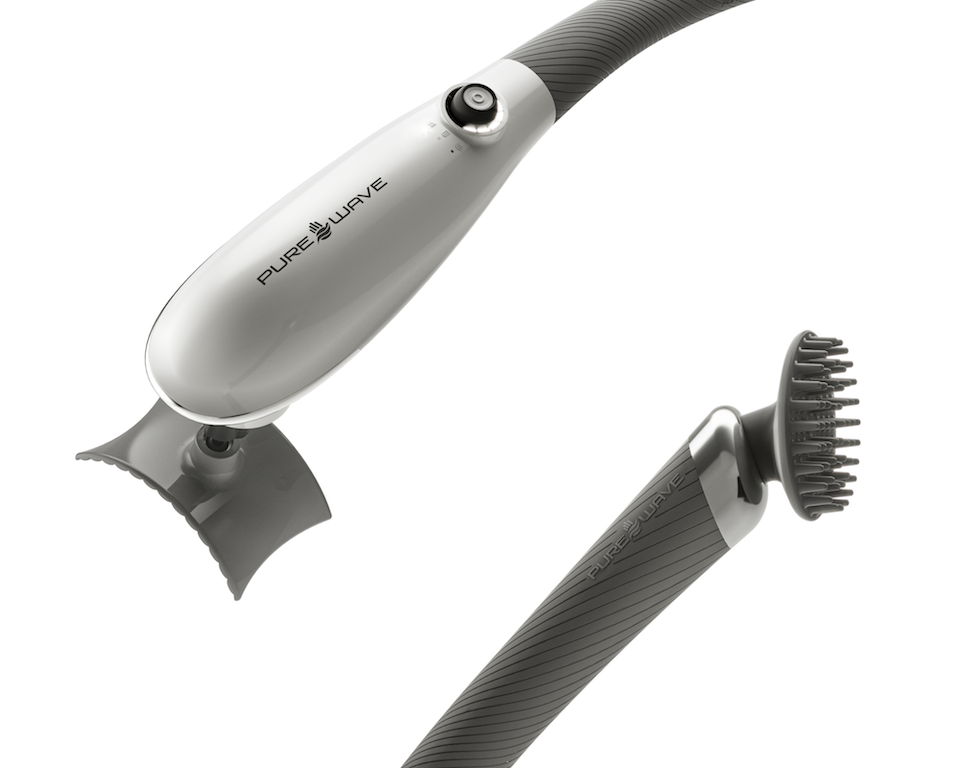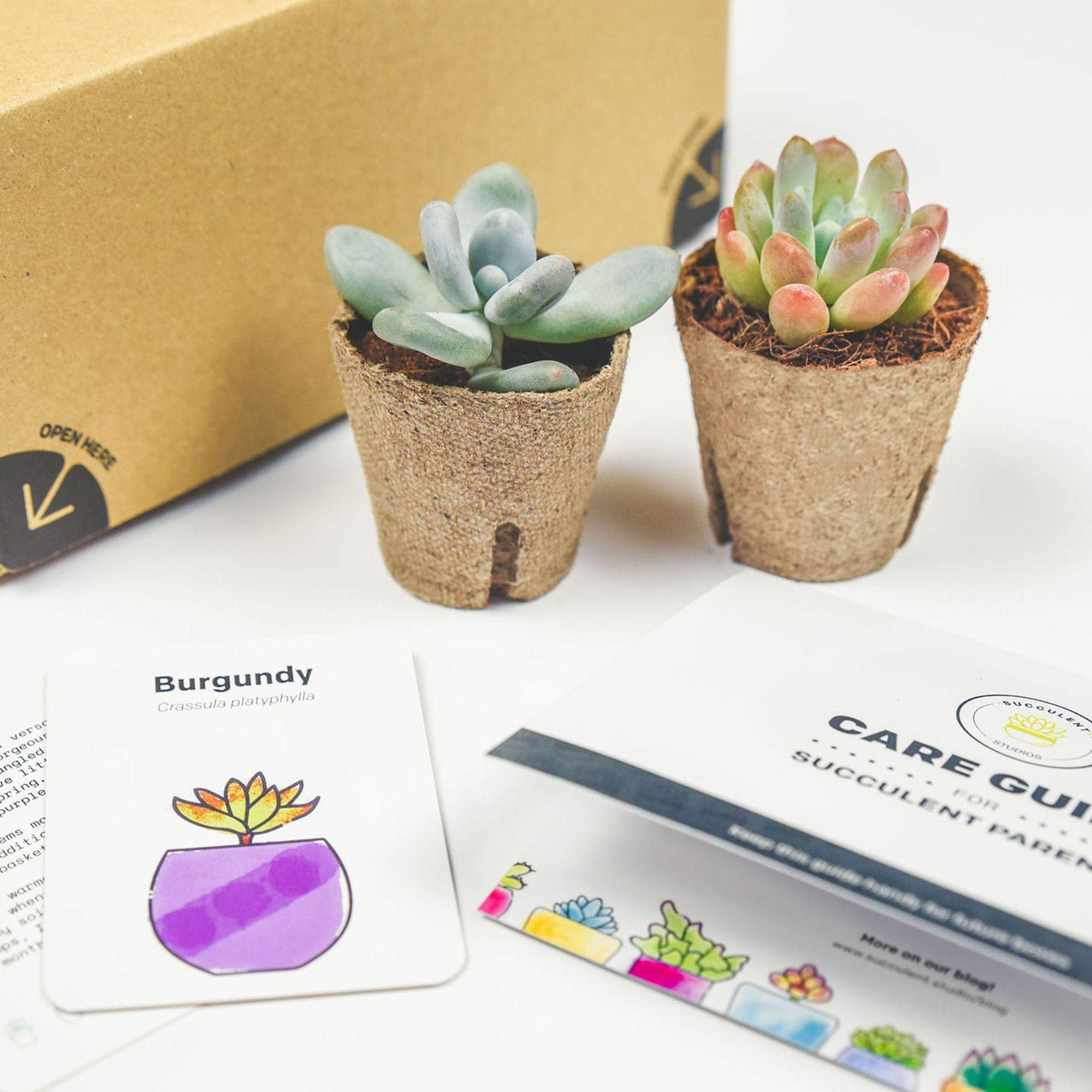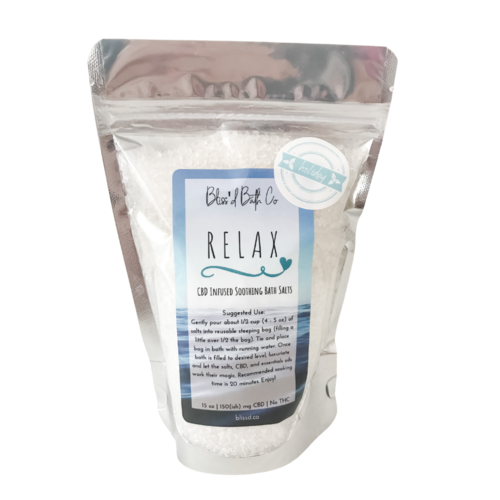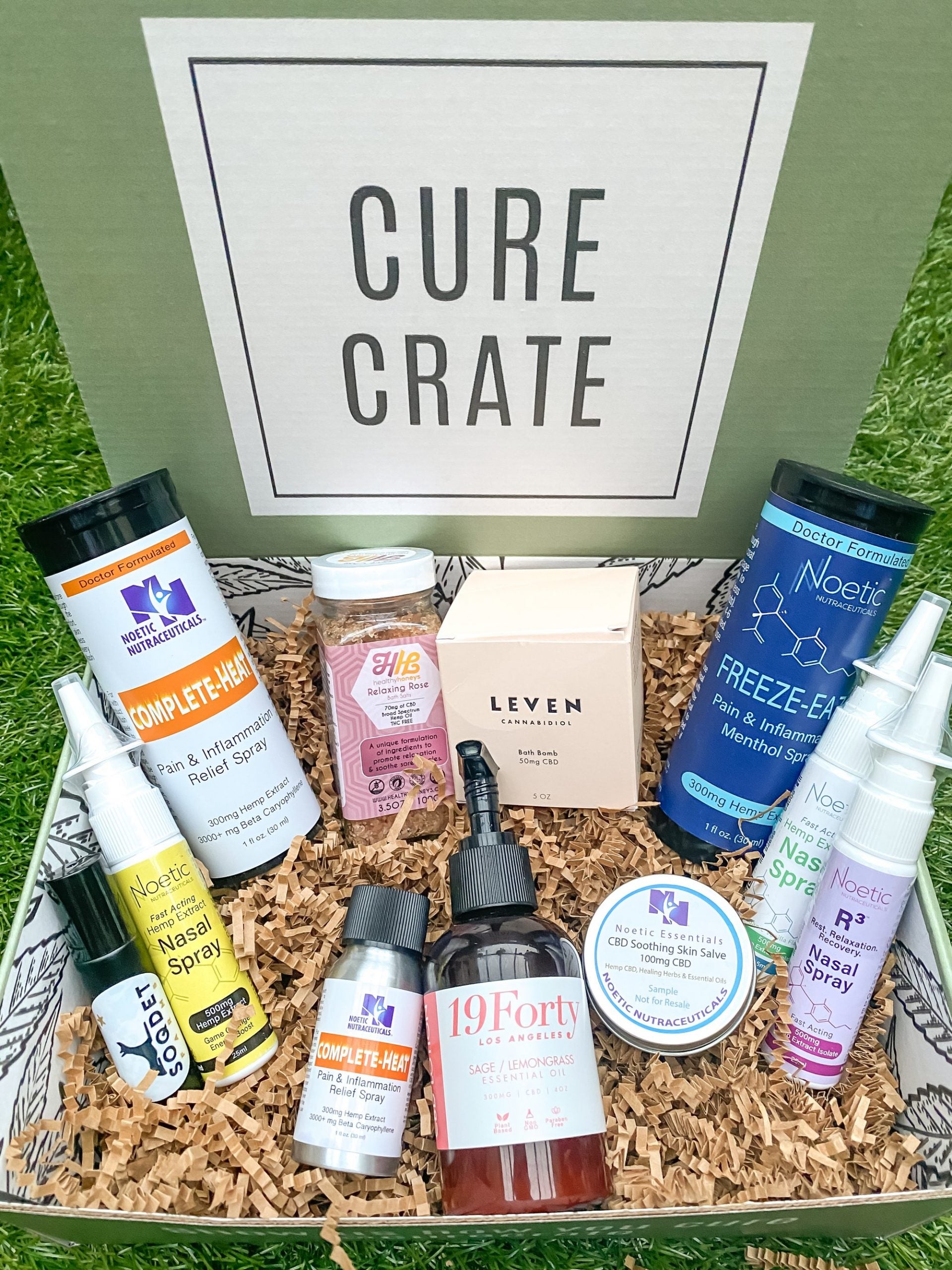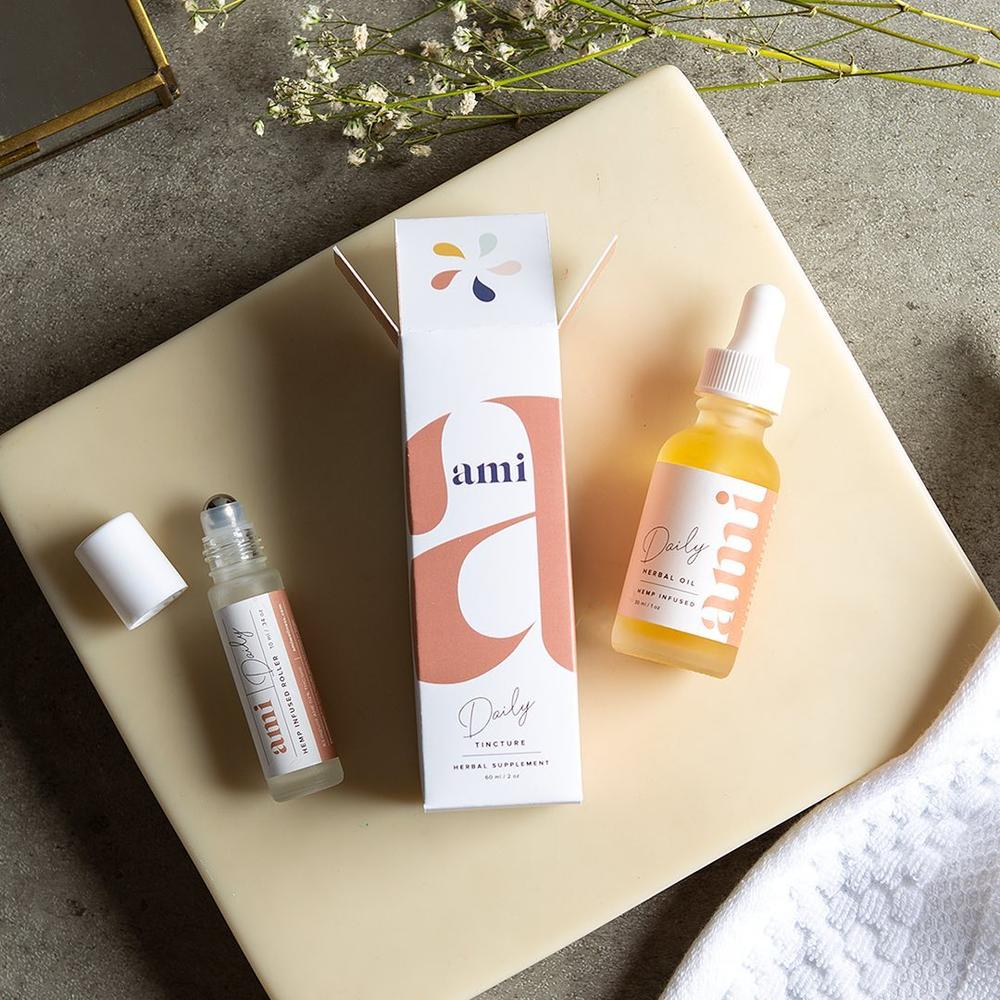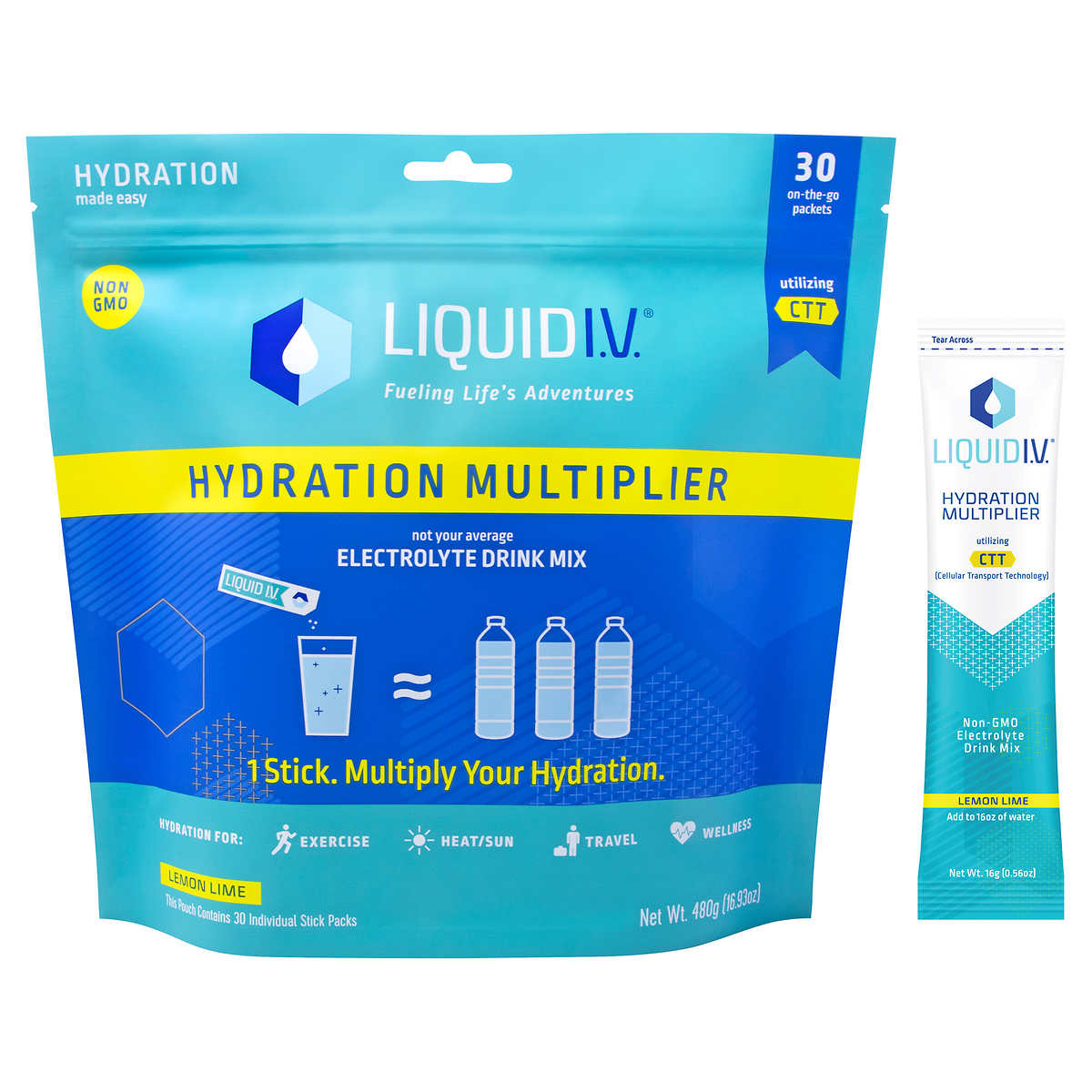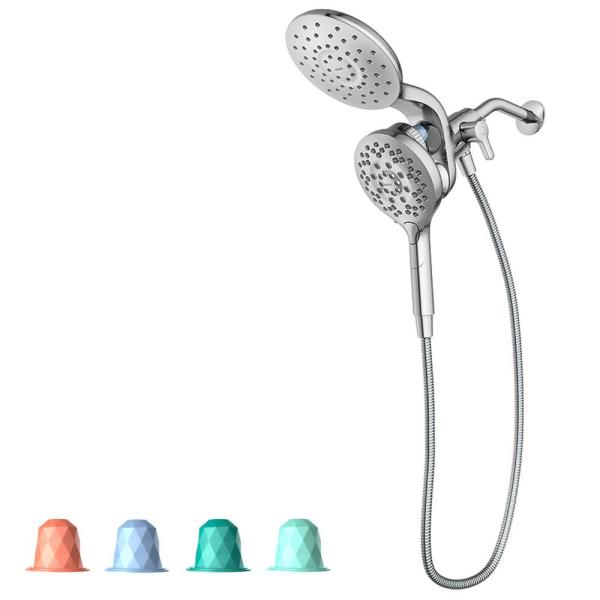Getting your Trinity Audio player ready…
After saving this country yet again, most, if not all Black women could use a self-care day (week, or even month).
This holiday season, what better way to take the time to stop and show someone how much you care than helping them care for themselves? For some, self-care looks like mindfulness and journaling, while for others it’s represented by home beauty treatments, spa days and ice cream on the couch while watching Netflix.
No matter how your loved ones define it, these wellness gifts will make it easier to practice self-care on a regular basis. So shop these ideas for the Black woman in your life who loves (and needs) all things wellness.
01
TheraBox
TheraBox was founded by a therapist to make it easy for people to discover and maintain self-care rituals that inspire joy and fulfillment each month. Each box includes a happiness activity meant to be practiced throughout the month (or longer!) in addition to 6 to 8 full-sized wellness items for the mind, body and soul. Packed with over $120 in value, each box contains products curated by therapists and include aromatherapy, natural/organic bath, body, and skin care products, and other lifestyle goodies.
02
PUREWAVE GEN II
Bring home the benefits of therapeutic massage with the most advanced dual-mode massager ever. Whether you’re trying to reduce pain, heal from an injury, enhance your performance, or reduce stress, the PUREWAVE GEN II allows you to create a completely personalized massage experience with one powerful tool. It’s truly the most versatile massager available and beloved by physical therapists, chiropractors and massage therapists alike.
03
Succulent Studios
Give the gift of a succulent subscription box to add a healthy burst of oxygen to the home! Unlike other houseplants, succulents produce oxygen at night which make them perfect for bedrooms. Each subscription box from Succulent Studios includes two baby succulent plants in biodegradable pots from an organic farm in sunny California — happy and ready to grow! Choose from 3-, 6-, or 12-month plans for $10 per month plus shipping.
04
Bliss’d Co.
Bliss’d Co.’s holiday peppermint RELAX CBD bath salts provide a detoxifying blend of premium Pink Himalayan, Dead Sea, and Epsom salts enhanced with uplifting peppermint essential oils to soothe the body and mind. There’s a reason peppermint is a natural scent & flavor of the season! This essential oil has been known to clear the respiratory tract, stimulate circulation, alleviate feelings of nervous tension and stress, give you more energy and soothe feelings of irritability.
05
Cure Crate
This customized box is a great gift for anyone on your list who works out, works hard, or prioritizes health, beauty and well being. Not all subscription boxes are “one-size” fits all. Cure Crate offers a monthly box full of top-rated, quality-tested and full-size CBD products to fit your wellness or beauty needs. CBD novices or connoisseurs can take the company’s online quiz designed to select the products that best fit their wants and needs and can change their profile whenever they want!
06
Ami Wellness Comfort & Joy Kit
Specially curated to promote wellness throughout the holiday season, the limited-edition Comfort and Joy Kit includes three hand-crafted tinctures to help improve digestion, manage stress, and boost the immune system. The kit includes a 30ml tincture of Digestion Rescue, Calm Tincture, and Immunity Rescue. Keep for yourself or give to a loved one to provide both Comfort and Joy this holiday season.
07
Liquid I.V.
Liquid I.V. is a health-science and wellness brand which offers multiple drink mixer products. All of their mixers are Non-GMO, vegan, and drug-free. With the use of Cellular Transport Technology (CTT), their products leave consumers feeling hydrated and energized!
08
Moen Aromatherapy Handshower
The Aromatherapy Handshower is an easy DIY installation that can instantly provide a spa-like experience right at home. Uniquely designed with the ability to infuse essential oils directly into the water flow, the Handshower creates an incredible and sensory shower experience, when desired.
TOPICS: Holiday Gift Guide 2020

